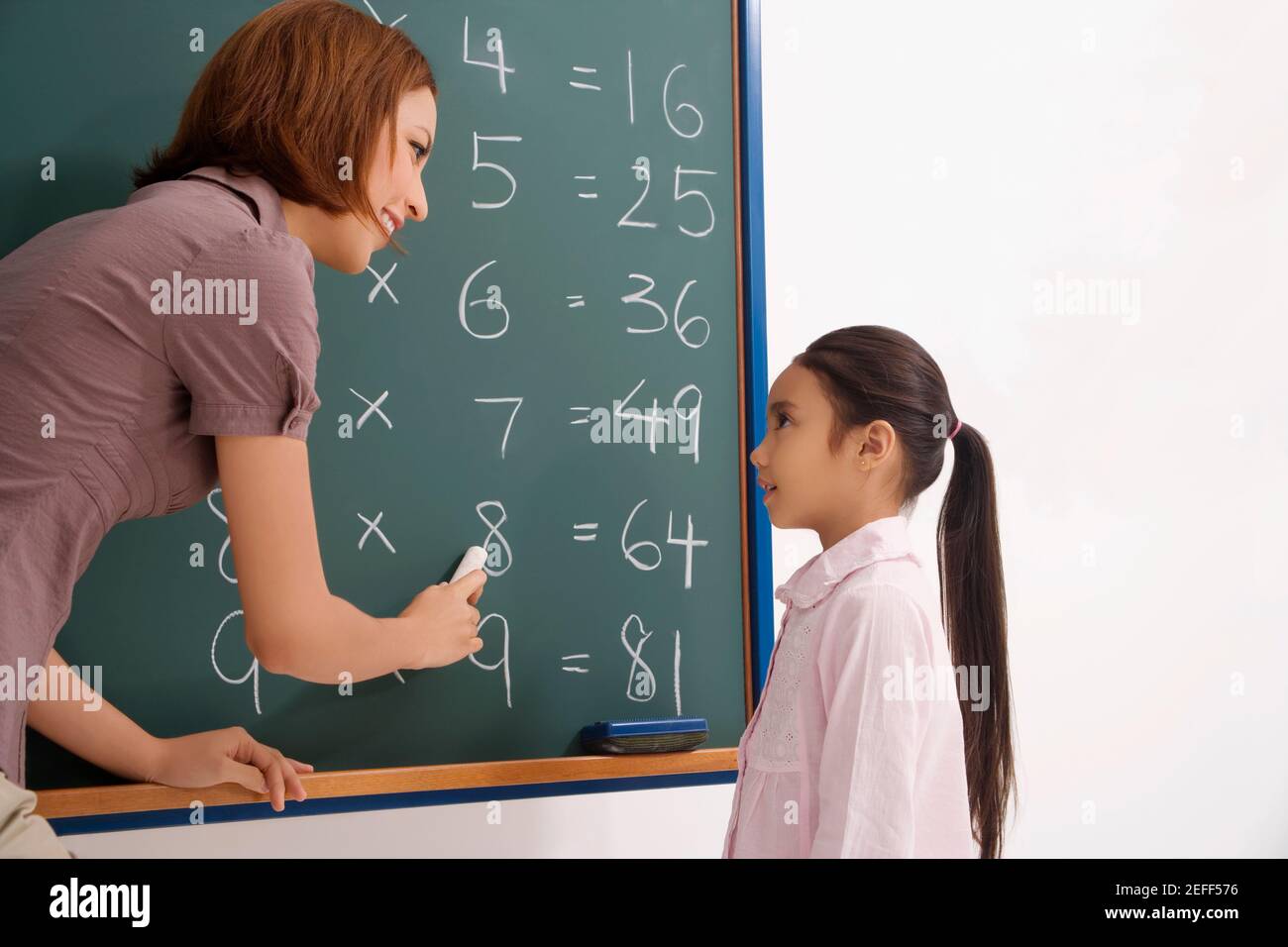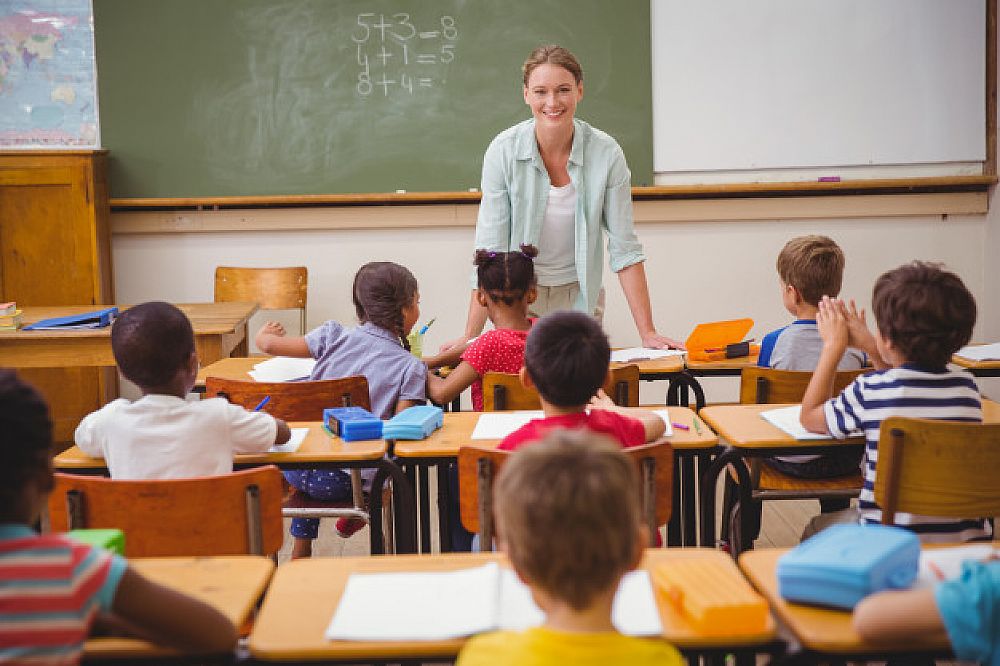Unlock Your Child’s Potential with Primary Science Tuition Singapore
Unlock Your Child’s Potential with Primary Science Tuition Singapore
Blog Article
Checking Out the Different Teaching Approaches in Primary Scientific Research Education And Learning Today
Inquiry-based discovering, hands-on experiments, and the integration of modern technology are redefining how instructors engage young minds. In addition, collective approaches and differentiated instruction are being employed to provide to the varied requirements of pupils, enhancing both involvement and understanding.
Inquiry-Based Understanding
Inquiry-Based Understanding (IBL) is an instructional approach that motivates pupils to discover clinical principles through questioning, examination, and hands-on trial and error. This technique highlights the role of trainees as energetic individuals in their knowing, advertising vital thinking and analytical abilities. By involving with real-world questions, students end up being interested and motivated, which enhances their understanding of scientific principles.
In IBL, instructors function as facilitators, leading students as they navigate their inquiries as opposed to providing info directly. This student-centered technique permits distinction, accommodating numerous learning rates and designs. Pupils develop abilities in creating theories, designing experiments, and evaluating data, which are critical for scientific literacy.
Furthermore, IBL cultivates partnership among pupils, motivating them to share ideas and searchings for. This collective inquiry promotes social abilities and a feeling of community within the class. The process of questions motivates resilience, as pupils discover to embrace failing as a stepping stone towards understanding.
Hands-On Experiments
Hands-on experiments are a crucial component of reliable science education and learning, enhancing the concepts of inquiry-based knowing. These experiments enable students to involve directly with scientific ideas, fostering a deeper understanding through experiential understanding. By controling products and observing outcomes, young students can realize abstract theories in substantial means.
Such activities promote critical reasoning and problem-solving abilities, as students hypothesize outcomes, conduct experiments, and analyze outcomes. This process urges them to ask concerns, improve their understanding, and create a scientific attitude. Furthermore, hands-on experiments can be tailored to diverse learning designs, guaranteeing that all trainees have the possibility to engage meaningfully with the material.
Moreover, hands-on experiments commonly encourage collaboration amongst peers, advertising teamwork and communication skills. Functioning in groups allows students to share concepts, review findings, and pick up from one an additional, which enhances their total educational experience.
Incorporating hands-on experiments into the primary science curriculum not only enriches the learning environment but also grows a long-lasting passion in scientific research. By proactively taking part in their education, students are more probable to develop a passion for clinical questions that prolongs beyond the classroom.

Innovation Assimilation
Incorporating innovation into key scientific research education and learning has actually ended up being progressively crucial in promoting pupil interaction and enhancing discovering results. Using digital devices, such as interactive simulations, online labs, and educational software application, supplies pupils with opportunities to discover scientific principles in ingenious methods. These resources help with a deeper understanding of complicated subjects by permitting learners to imagine and control variables that would be impractical in a traditional classroom setting.
Moreover, technology assimilation urges personalized learning experiences. Students can advance at their own speed, revisiting More Bonuses difficult ideas through multimedia sources, which cater to various knowing designs. This versatility not just supports individual development but additionally cultivates a feeling of autonomy in learners.
Furthermore, modern technology acts as a bridge to real-world scientific research, connecting pupils with existing research and expert payments. Access to on the internet databases and scientific journals expands trainees' perspectives on scientific questions and cultivates critical believing abilities.
Collaborative Understanding
Joint knowing plays a vital function in key scientific research education by fostering team effort and interaction abilities amongst students. This technique urges students to interact, share understanding, and involve in analytic, which boosts their understanding of clinical principles. By taking part in group activities, trainees discover to express their concepts, pay attention to diverse point of views, and discuss remedies, all of which are crucial skills in both scholastic and real-world contexts.

Research study indicates that collaborative learning can lead to raised inspiration and engagement in science subjects, as trainees find pleasure in common experiences (primary science tuition Singapore). Furthermore, this strategy prepares students for future collective undertakings, equipping them with the abilities needed for reliable teamwork in greater education and professional settings. Inevitably, embracing collaborative discovering in primary scientific research education and learning can dramatically improve the discovering experience and advertise a much deeper understanding of clinical i was reading this query
Distinguished Direction

Differentiated instruction can manifest in various means, such as differing the web content, procedures, or products of knowing. As an example, teachers may make use of tiered jobs that give differing degrees of complexity, allowing students to operate at their corresponding readiness levels. In addition, adaptable grouping techniques can facilitate cooperation among students with various capabilities, promoting peer learning.
Analysis plays a critical function in this approach, as it educates direction and aids teachers understand each trainee's distinct demands. Formative analyses, such as observations and tests, can direct educators in adjusting their approaches to improve finding out results. primary science tuition Singapore. Inevitably, by executing differentiated direction in key science education and learning, educators can grow an extra equitable and efficient understanding environment, equipping all pupils to reach their full capacity in recognizing scientific phenomena
Final Thought
In recap, the diverse teaching techniques in key science education, including inquiry-based understanding, hands-on experiments, technology integration, collaborative discovering, and set apart direction, jointly add to an extra reliable learning environment. These techniques promote important reasoning, analytic abilities, and a much deeper understanding of clinical principles. By implementing these strategies, educators can create engaging and supportive class that resolve the diverse demands of pupils, inevitably promoting a long-lasting rate of interest in science and enhancing academic achievement.
Inquiry-Based Learning (IBL) is an instructional method that encourages trainees to check out scientific concepts via wondering about, examination, and hands-on testing.Collaborative learning plays an essential function in main science education and learning by promoting team effort and communication abilities among students.Study suggests that collaborative understanding can lead to enhanced motivation and involvement in science subjects, as pupils find enjoyment in shared experiences.In cultivating an inclusive discovering atmosphere, distinguished direction arises as an essential strategy to suit the diverse demands and capabilities of students in main science education. Ultimately, by carrying out set apart direction in main science education, instructors can cultivate a much more fair and efficient discovering setting, equipping all pupils to reach their full capacity in comprehending clinical sensations.
Report this page